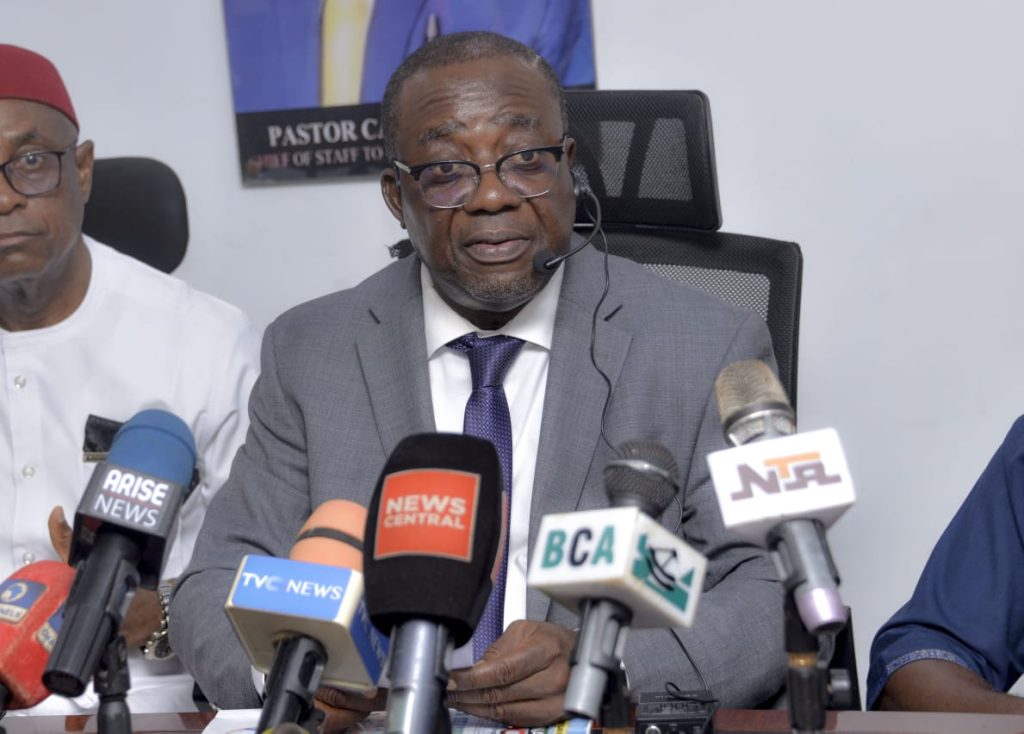Primary healthcare is the foundation of universal health coverage, yet Nigeria’s primary healthcare system has long been inadequate and inefficient. This is due in part to decades of insufficient political will and funding allocation, resulting in disenfranchised Primary Healthcare Centres (PHCs) that are mostly non-functional. However, Enugu State is leading the charge in rank improvement, being named second-best in primary healthcare service delivery in Nigeria. This success is attributed to the state government’s prioritisation of primary healthcare and its Healthcare Reform Law, which established the Enugu State Primary Health Care Development Agency (ES-PHCDA). The Agency is responsible for developing a roadmap to improve the quality of PHC services within the state.
ES-PHCDA Executive Secretary, Dr George Ugwu, outlined several factors leading to the success of the state’s approach, with one being a strong political will and funding allocation, particularly to hard-to-reach rural communities. By providing six coordination units and appointing teams to oversee PHC activities, the agency sets goals to improve PHC delivery. The state also partnered with national health programmes such as Primary Health Care Under One Roof (PHCUOR) and the Integrated Disease Surveillance and Response (IDSR) framework.
To bridge the gap in HRH and infrastructural inadequacies, ES-PHCDA completed seven Type 3 PHCs (equipped with essential medical equipment, outpatient and inpatient services) and established Wards Development Committees (WDCs) for monitoring and accountability. In partnership with the Basic Health Care Provision Fund (BHCPF), training programs, and infrastructure upgrades for Type 1 and Type 2 PHCs were funded to ensure that primary health services were delivered to rural communities. To increase demand for PHC services and continually improve service quality, ES-PHCDA used the Community Health Influencers, Promoters and Services (CHIPS) program.
The agency also addressed PHC staffing challenges by collaborating with community leaders to enlist skilled healthcare professionals from local communities or training and retaining existing PHC staff. Further, inclusive digital supervision measures, alongside unannounced visits, were employed to curb absenteeism.
Dr Ugwu emphasized that upgrading more PHCs, better supervision mechanisms, and cultivating stronger political will, based on community feedback, is essential to meeting the state’s goal of achieving universal health coverage for all citizens.
Enugu State is setting an impressive example of functional PHC systems given its numerous challenges but remains committed to improving its primary healthcare delivery, with the goal of becoming the number one PHC service provider in Nigeria.



